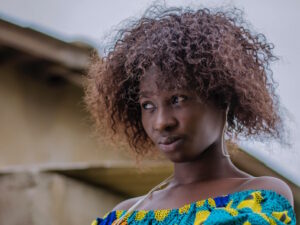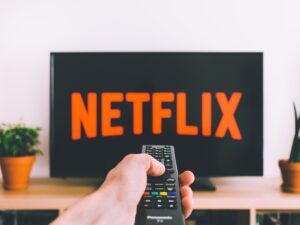July 30, 2017
From NCC Co-Founder Sr. Barbara Kennedy, OSM, LPC
A wildfire of information or misinformation is a few clicks away. A phrase we hear frequently in politics is “Fake News”. It’s not just politics. For example, there were hundreds of thousands of posts about a woman who had a third breast implanted on her. [Please do not re-post because it is not true.] It was sensational and took on a life of its own and made the site a lot of money.
 There were more consequential posts that may or may not be true and these can affect our health, elections, and our sense of fear or freedom, and so much more if we are not careful. Think vaccine information or global warming as an example.
There were more consequential posts that may or may not be true and these can affect our health, elections, and our sense of fear or freedom, and so much more if we are not careful. Think vaccine information or global warming as an example.
Fake news is not new. It predates social media and the Internet.  The opponents of Thomas Jefferson claimed, if elected President, Jefferson would legalize prostitution. When John F Kennedy was running for president, the fake news proclaimed if he were elected, he would build a tunnel from the White House to the Vatican. Probably, from the beginning of civilization, people have exploited the opportunity to spin news to their advantage and disseminate untruths under the guise of authority. Inaccurate information is so much more dangerous now than 200 years ago. Now “news” is disseminated at breakneck speed.
The opponents of Thomas Jefferson claimed, if elected President, Jefferson would legalize prostitution. When John F Kennedy was running for president, the fake news proclaimed if he were elected, he would build a tunnel from the White House to the Vatican. Probably, from the beginning of civilization, people have exploited the opportunity to spin news to their advantage and disseminate untruths under the guise of authority. Inaccurate information is so much more dangerous now than 200 years ago. Now “news” is disseminated at breakneck speed.
Why are we so prone to believe what we read? Our brains are wired to just believe rather than to be skeptical. We want clarity rather than certainty. If a post gets 1,000,000 hits it must be true and it must really be true if it is from a friend. Research now shows that even when there is evidence presented to us  that clearly disproves something we believe, our brain finds it difficult to accept the truth.
that clearly disproves something we believe, our brain finds it difficult to accept the truth.
“The more emotionally involved we are with fake facts we believe, the harder it is for us to change our opinion about it”, commented Jeff Cstari. Scientists have also concluded that our brains prepare to fight for information we don’t want to believe. We prepare arguments to refute the truth being presented. Nietzsche once said “People don’t want to hear the truth because they do not want their illusions to be destroyed”.
To counteract this, we need to ask ourselves several questions. “Is this a reliable source?” ‘What is the  primary purpose of the news?” “What evidence do I have that this news is reliable?” “Is someone out to make a profit with this information?” “Am I getting my information from multiple sources and viewpoints?” We also need to cross check it with fact-checking resources such as www.snopes.com, www.politifact.org and www.factcheck.org. If you do your due diligence and discover an article to be false, don’t re-post because it is funny or absurd. You are only increasing its visibility.
primary purpose of the news?” “What evidence do I have that this news is reliable?” “Is someone out to make a profit with this information?” “Am I getting my information from multiple sources and viewpoints?” We also need to cross check it with fact-checking resources such as www.snopes.com, www.politifact.org and www.factcheck.org. If you do your due diligence and discover an article to be false, don’t re-post because it is funny or absurd. You are only increasing its visibility.
Cara Evanson, an information and Literacy Librarian has said “The choice we each make about our news habits feed into a greater whole. Just like landfill build-up, our current fake news phenomena is a result of all our collective choices regarding news consumption. By taking responsibility for the news we read, watch and share, we can create positive and ethical changes in our news media environment.”





